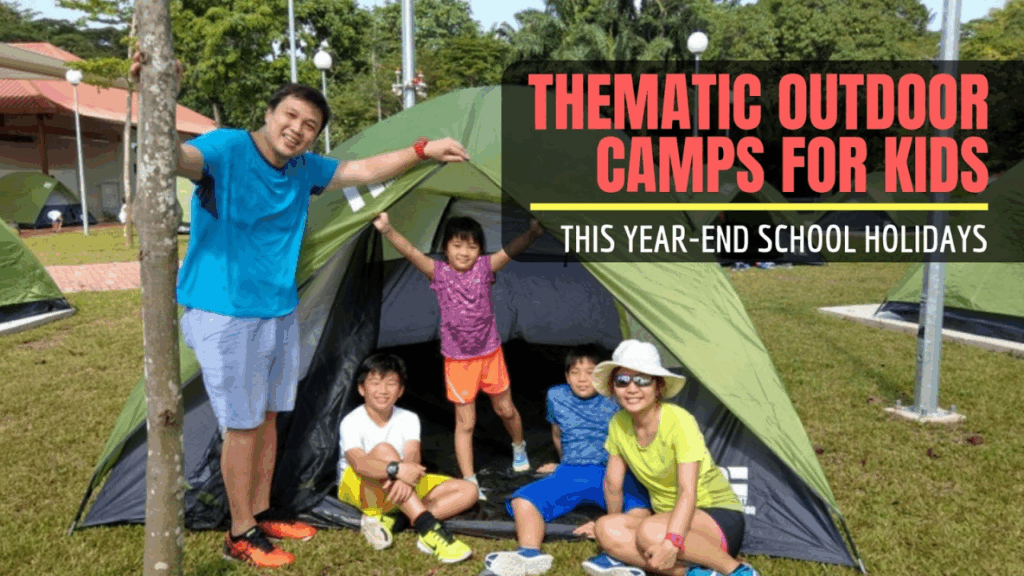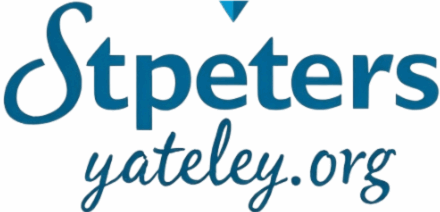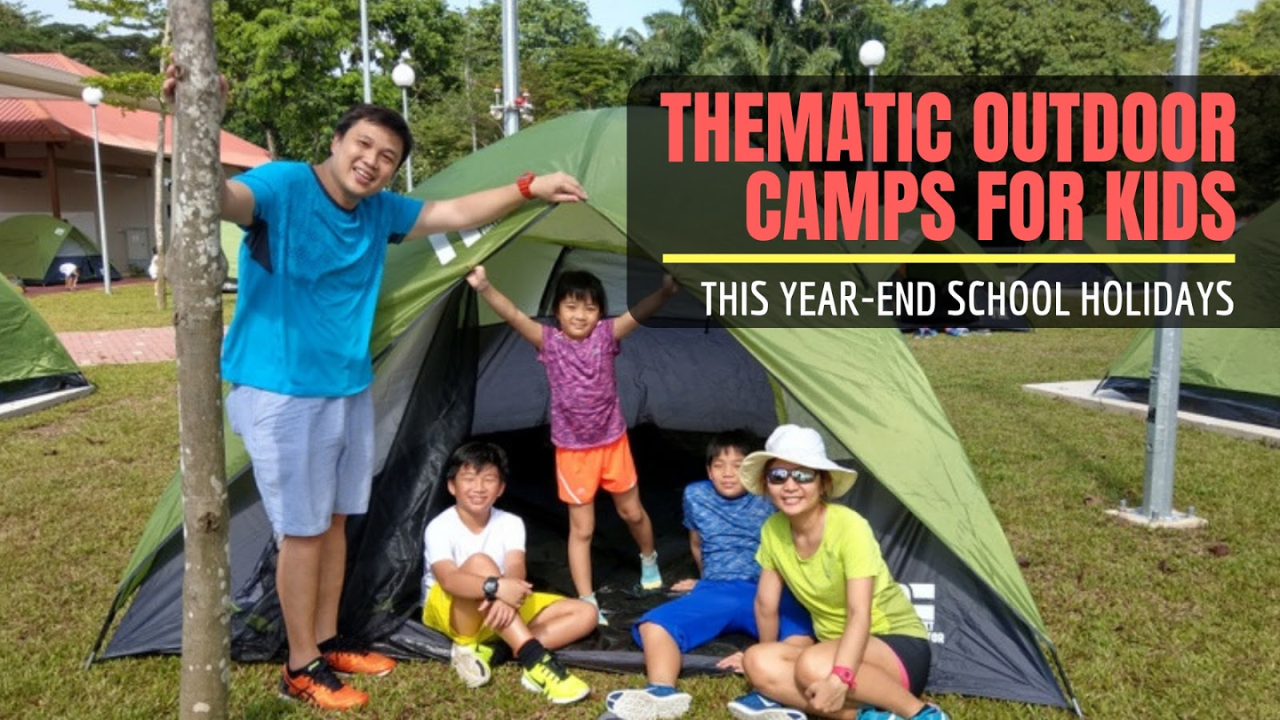
In today’s busy world, parents often find themselves juggling work, household responsibilities, and endless schedules, leaving little room for quality family time. Holiday camps and workshops designed for parents and children provide a unique opportunity to slow down, connect, and create lasting memories together. Beyond the fun and excitement, these programs intentionally foster stronger family bonds while encouraging learning, cooperation, and faith-based values.
Why Holiday Camps and Workshops Matter
Family relationships thrive on shared experiences. While day-to-day routines can make bonding challenging, holiday programs give parents and children the chance to step away from distractions. Whether it’s a weekend retreat, a creative workshop, or a week-long camp, these settings allow families to spend uninterrupted time together.
Such programs are particularly impactful because they combine recreation with structured activities. Parents and children not only relax and play but also engage in lessons, discussions, and projects that help strengthen communication and trust.
Activities That Strengthen Bonds
Holiday camps and workshops are carefully designed to include a mix of fun, learning, and reflection. Activities often include:
- Outdoor Adventures – Hiking, camping, or obstacle courses where parents and children work together as a team.
- Creative Arts and Crafts – Joint projects like painting, pottery, or building models encourage cooperation and creativity.
- Faith and Reflection Sessions – Devotionals, prayer times, or storytelling that allow families to grow spiritually together.
- Games and Team Challenges – Activities such as treasure hunts or team sports highlight the importance of trust and teamwork.
- Workshops on Parenting and Communication – Interactive sessions that equip parents with tools to strengthen relationships with their children.
These experiences help parents and children connect on multiple levels—emotionally, physically, and spiritually.
Building Communication and Trust
One of the greatest benefits of parent–child programs is the opportunity to enhance communication. In the fast pace of everyday life, conversations can often feel rushed. Camps and workshops create intentional spaces for meaningful dialogue.
For example, during a campfire reflection, children may share their thoughts or challenges while parents listen without distraction. These moments build trust, showing children that their voices matter. Parents also learn to better understand their child’s needs, while children feel valued and supported.
Creating Lasting Memories
Shared experiences often become treasured family stories. Whether it’s the memory of completing a hike together, finishing a craft project, or laughing during a game, these moments remain etched in the hearts of both parents and children. Such memories become reference points that strengthen family unity long after the camp or workshop ends.
These memories also highlight the church’s role in supporting families, reminding parents and children alike that their spiritual community is invested in their growth.
Encouraging Spiritual Growth Together
Holiday camps and workshops often weave faith-based lessons into the schedule. Parents and children might read Bible stories together, participate in joint prayers, or attend short devotionals. Learning about faith side by side not only nurtures spiritual growth but also reinforces the importance of living out values like kindness, patience, and forgiveness in everyday life.
This shared spiritual journey helps children see faith modeled by their parents, while parents witness firsthand their children’s developing relationship with God.
Extending Lessons Beyond the Camp
The value of these programs does not end when the holiday is over. Families often return home with stronger bonds, improved communication, and new traditions. Some may start family prayer times, regular game nights, or weekend projects inspired by their camp or workshop experiences.
Churches and community groups that organize these events also benefit, as families often become more involved and supportive of ongoing programs, creating stronger communities overall.
Overview Table
| Activity/Focus | Example Activities | Benefits for Families |
|---|---|---|
| Outdoor Adventures | Hiking, camping, obstacle courses | Builds teamwork, resilience, and trust |
| Creative Arts & Crafts | Painting, pottery, joint projects | Encourages cooperation and creativity |
| Faith and Reflection | Devotionals, storytelling, prayer | Strengthens spiritual growth together |
| Games & Team Challenges | Treasure hunts, sports, problem-solving | Promotes communication and collaboration |
| Parenting Workshops | Talks, discussions, skill-building sessions | Equips parents with tools for connection |
| Shared Memories | Family meals, campfire nights | Creates lasting family traditions |
Key Takeaways
- Holiday camps and workshops create intentional spaces for parents and children to connect deeply.
- Activities focus on teamwork, creativity, communication, and faith, strengthening family bonds.
- The lessons and memories built extend far beyond the program, shaping long-term family unity.
FAQs
1. Why are holiday camps and workshops important for families?
They provide dedicated time for parents and children to bond, away from everyday distractions.
2. What types of activities help build stronger parent–child connections?
Outdoor adventures, creative projects, games, and reflection sessions all encourage cooperation and communication.
3. Do these programs have long-term benefits?
Yes, families often carry home new traditions, stronger relationships, and shared memories that last a lifetime.

